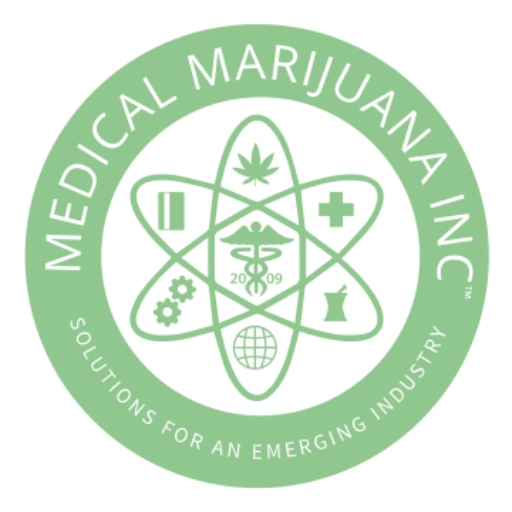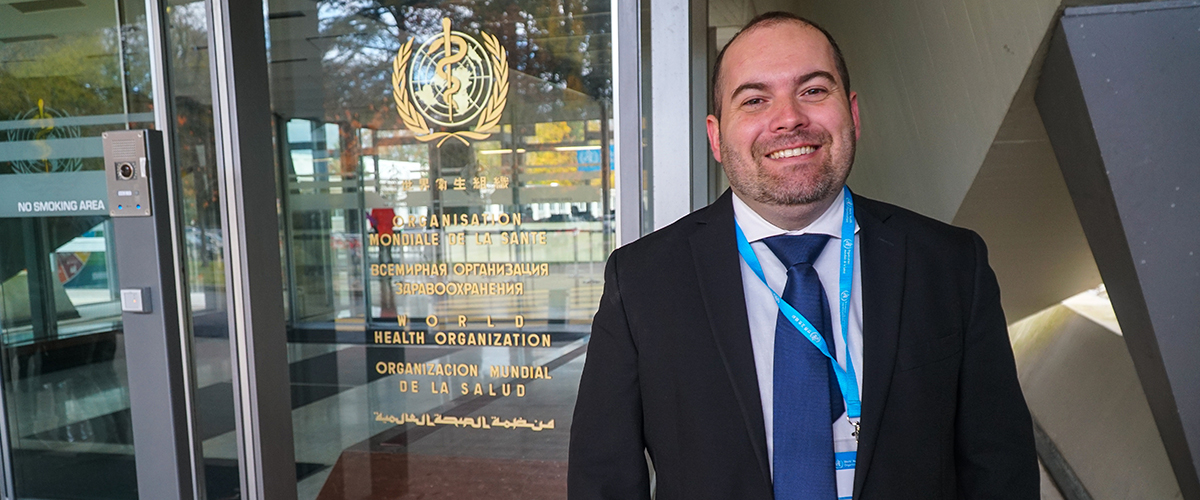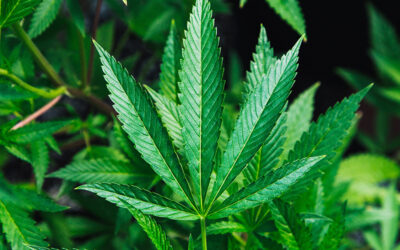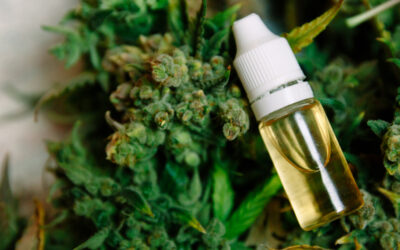After more than a month of deliberation, World Health Organization officials announced their recommendation that CBD should not be considered a drug.
The World Health Organization announced today its recommendation that cannabidiol (CBD) should not be subject to international drug scheduling.
After reviewing evidence related to the benefits and risks of CBD, the WHO’s Expert Committee on Drug Dependence (ECDD) concluded:
“Current evidence also shows that cannabidiol is not likely to be abused or create dependence as for other cannabinoids (such as Tetra Hydro Cannabinol (THC), for instance). The ECDD therefore concluded that current information does not justify scheduling of cannabidiol and postponed a fuller review of cannabidiol preparations to May 2018, when the committee will undertake a comprehensive review of cannabis and cannabis related substances.”
CBD is one of 16 substances that had their international regulations reevaluated by the WHO special committee during its 5-day Thirty-Ninth meeting of the Expert Committee on Drug Dependence in November.
On November 6, 2017, MJNA subsidiary HempMeds® Mexico President Raúl Elizalde addressed the ECDD on behalf of MJNA’s family of companies at the Thirty-Ninth meeting of the Expert Committee on Drug Dependence.
During his speech, Raúl shared the story of his daughter’s experience with CBD. He urged the special committee to recognize that the cannabinoid is non-psychoactive and encouraged them to recommend that it not be subject to drug scheduling.
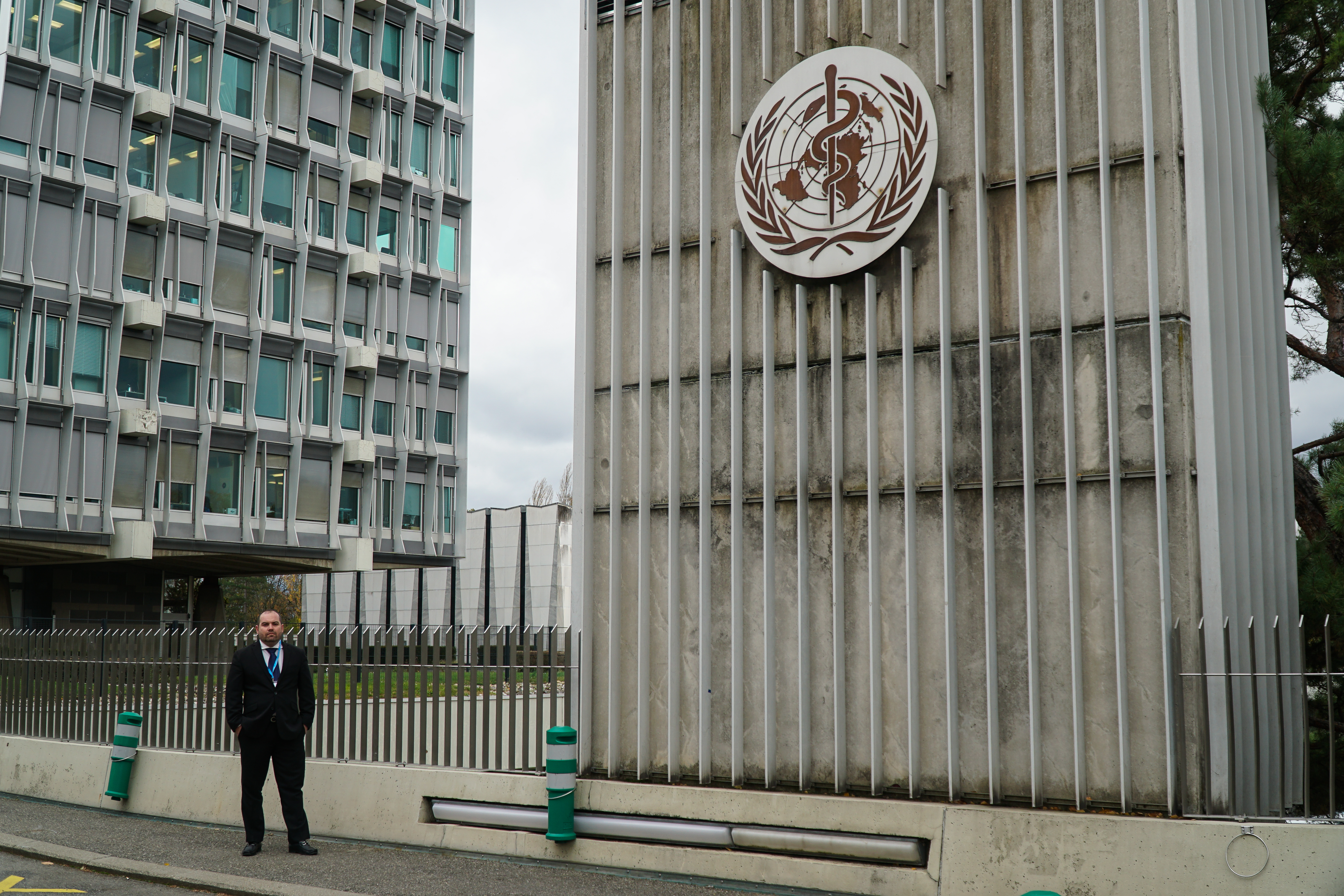
“We’re ecstatic that these international health leaders agree that CBD is a substance that should not be scheduled and has therapeutic value,” said Raúl, regarding the announcement. “We look forward to continuing our conversation about CBD’s many benefits in 2018.”
We followed Raúl throughout his journey to speak at the United Nations in Geneva, Switzerland, publishing regular announcements on the progress and potential impact of his efforts under the campaign #RaulWHO. Raúl provided personal streaming video updates prior to and after his address to WHO experts.
“We couldn’t have asked for a better outcome and we are thankful that Raul was able to play such a vital role in the World Health Organization’s decision,” said MJNA CEO Dr. Stuart Titus. “We hope that this recommendation makes it easier for people around the world to gain necessary access to CBD and improve their quality of life.”
What Does the Announcement Mean for CBD?
While CBD is as of now not listed explicitly as a controlled substance in the 1961 United Nations’ Single Convention on Narcotic Drugs or the 1971 Convention on Psychotropic Substances, the international body does classify cannabis and its extracts as Schedule I, the most restrictive of category.
This classification has led to many countries within the UN to restrict all cannabis and its extracts, including CBD, hindering legal access to many people around the world.
The ECDD committee’s recommendation that CBD not be internationally scheduled as a drug could influence policies around CBD around the world, potentially giving greater access to the non-psychoactive cannabinoid globally and impacting the health options of millions.
Changes in CBD’s legal status around the world would also likely create new financial opportunities for cannabis industry entrepreneurs and investors.
Learn more about CBD
CBD is one of over 100 cannabinoids so far identified in cannabis plants – both hemp and marijuana. CBD interacts with our naturally occurring systems, but is non-psychoactive and doesn’t cause a high. You can learn more about CBD by visiting our education page.
